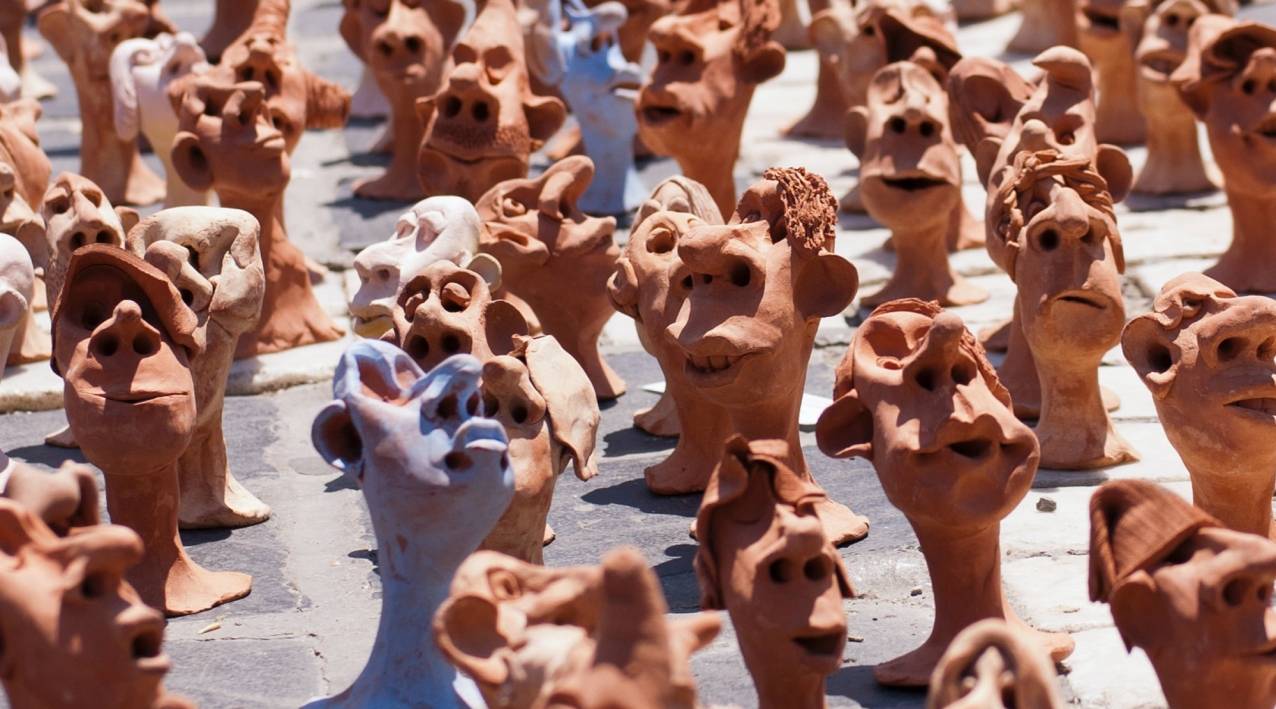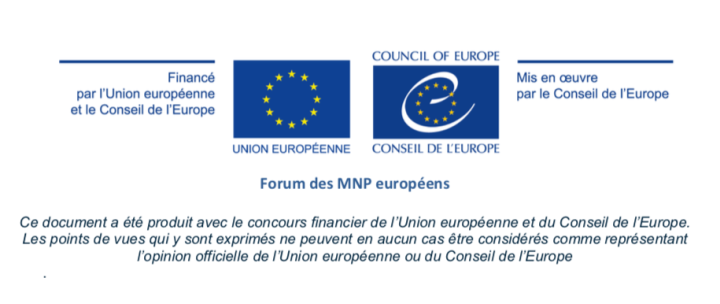
Romania
Capital city — Bucharest
Introduction
Country population
19,414,458
i
2019
/ Eurostat
Type of government
Semi-presidential Republic
Human Development Index
Homicide rate (per 100,000 inhabitants)
1.5
i
